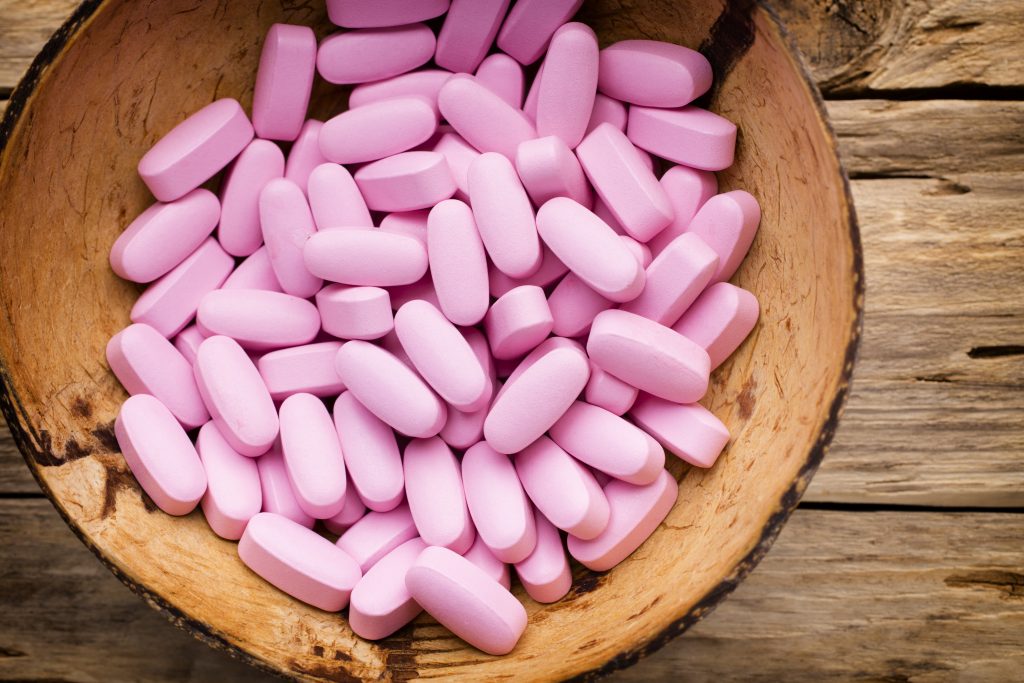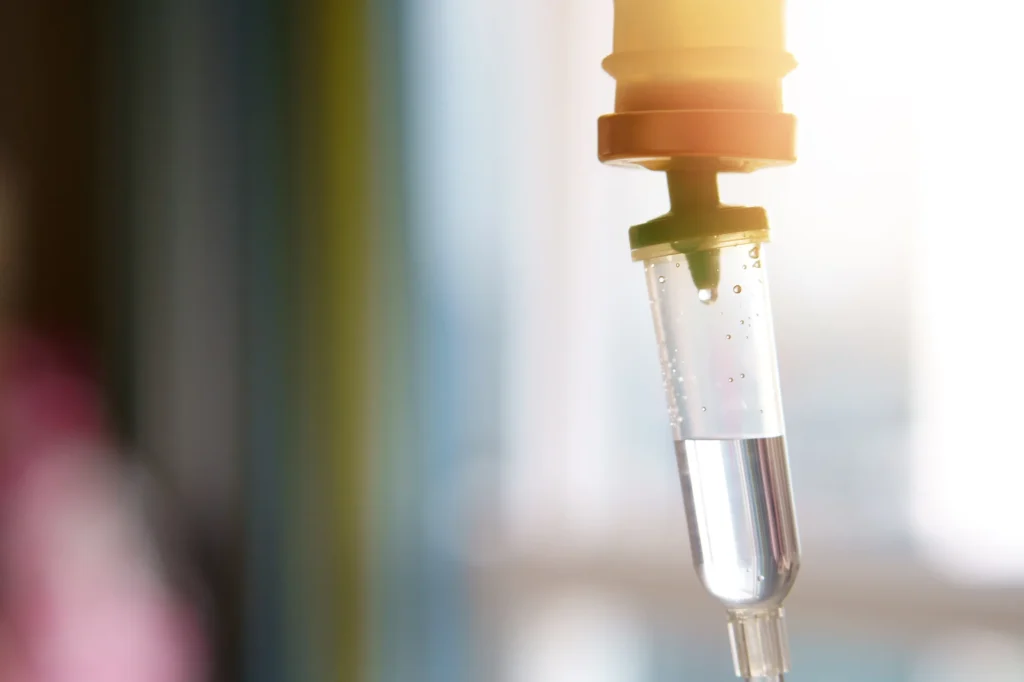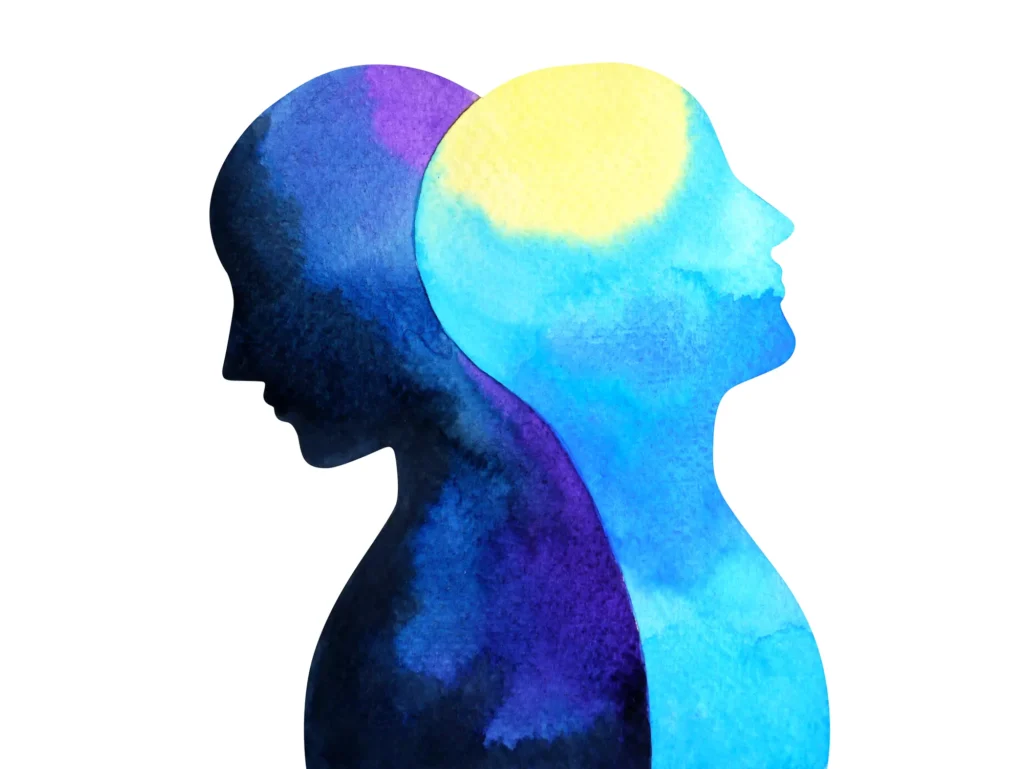Ketamine Infusion Therapy For Rapid Relief
For many, depression and anxiety can be alleviated in mere hours with ketamine infusions. This innovative psychedelic therapy has proven to be transformational, effective, and safe when provided at Bespoke Treatment. Our personalized dosing regimen and comfortable environment ensure unmatched care for you or your loved one.
Book OnlineHow Ketamine IV Therapy Works
Ketamine is an typical drug with multiple uses, depending on the dosage and the situation. Ketamine was originally used as a pediatric anesthetic when it was first approved by the FDA in 1970. Today, research shows that lower, sub-anesthetic doses, such as a ketamine IV dose, can relieve depression symptoms when other treatments have failed. This research began at Yale in 1999 and still continues to this day. We now have a relatively large body of literature supporting the use of ketamine IV treatment for conditions like treatment-resistant depression. Ketamine IV infusions are administered intravenously—meaning by an IV infusion pump—under medical supervision. The duration of each infusion is almost always 40 minutes long, but the actual session time is allotted for 2 hours. Patients are expected to do 8 ketamine infusions in 4 weeks, followed by booster sessions as needed.
Ketamine therapy has a unique mechanism of action that is distinct from almost all other medications typically used to treat depression and anxiety. Instead of working on the same neurotransmitters that most SSRIs and SNRIs alter, ketamine works by interacting with NMDA and the glutamate system. While conventional antidepressants focus on regulating serotonin secretion, ketamine affects and stimulates the NMDA (N-methyl-D-aspartate) receptor, which releases the brain’s fastest neurotransmitter: glutamate. This surge of glutamate, triggered by a ketamine IV dose for depression, leads to a rapid-acting antidepressant and anxiolytic effect. The ketamine IV dosage is carefully monitored to ensure optimal results, making ketamine IV for depression an effective option when traditional treatments have failed.
What Should I Expect During Ketamine Infusion Therapy?
Ketamine infusion therapy is an in-office treatment. Before starting any treatment at Bespoke Treatment, a member of our medical team will conduct a comprehensive evaluation to ensure this is the right option for you.
During the entire treatment, a Bespoke Treatment medical team member will help guide your experience. Ketamine infusions can trigger some initial and short-lived side effects such as dizziness, floating sensations, or mild hallucinations. When your provider discharges you from the ketamine clinic, you will need a friend, family member, or rideshare to drive you home.
Preparation: The Night Before Ketamine
Before your first ketamine infusion, we recommend trying your best to rest and clear your mind. You may experience random thoughts coming to the surface during your ketamine infusions that are seemingly only relevant because they involve items or events from the past couple of days. Many patients try to meditate, set intentions, or engage in light breathwork leading up to the first infusion. It is unclear if these things truly impact the actual efficacy of the infusion, but they certainly don’t hurt and will increase your feelings of preparedness.
The Ketamine Infusion Experience
When you arrive at the clinic, you will meet with your provider in a private room and discuss your personalized protocol in detail for approximately 30 minutes. Once you’re ready to start, you’ll be given an eye mask, noise-canceling headphones, and an iPod to listen to music during ketamine. Music can heavily influence the ketamine experience, so don’t hesitate to reach out and ask us for a playlist recommendation.
Once the infusion begins, you may notice feelings of dissociation or feelings reminiscent of other psychedelic therapies. As the ketamine infuses into your bloodstream, you’ll likely notice a lot of superficial thoughts slowly dissipate. The mundane thoughts of traffic, scheduling, and insurance melt away, often in synchronicity with the music playing through your headphones. Your sense of time might be altered and you might feel sensitive to external stimuli like bright lights or loud noises.
The experience can vary considerably depending on the person. Many experience a form of “ego dissolution,” where they lose a sense of individuality and instead feel an intense sensation of unity with the rest of the world. Many feel euphoric within 20 minutes of the infusion starting, coupled with a complete amelioration of depression symptoms. Negative self-talk can sometimes dissipate entirely, offering a newfound sense of mental freedom.
Integration: What To Do After Your Ketamine Session
Once your infusion ends, you’ll slowly come to while your psychiatric provider assesses your experience. Your provider will let you know when it’s safe for you to leave the office, and our team will always check in with you the next day. Some notice their symptoms return, but most patients notice a reduction–if not a complete dissipation–of symptoms after the infusion. You may feel lighter, more aware of your surroundings, and notice thoughts emerge that seem different than your typical thoughts. Some patients might still be nauseous from their infusion, and most feel somewhat tired or out of sorts for the rest of the day. It’s highly advisable that you don’t work or engage in particularly stressful activities on infusion days.
Over the next few days, we encourage patients to engage in healthy habits in order to support their ketamine infusion treatment. If you’ve only done a few infusions, the benefits may return to normal until the next infusion until the metabolites of ketamine can accumulate in your body. For those with a history of trauma, we encourage engaging in trauma-informed psychotherapy with a provider knowledgeable about ketamine. Some people experience a phenomenon called “downloads,” where sudden insights about life pop into your head–seemingly out of nowhere long after the infusion has passed. These insights are typically therapeutic in nature, and common in other types of psychedelic therapy.
What Ketamine Infusions Are Used For
Ketamine infusions are almost always prescribed for patients who have tried multiple types of medication and therapy but have not yet found relief they deserve. Ketamine infusions can be effective for patients suffering from suicidal ideations, anxiety, PTSD, and even OCD.
Ketamine Infusions for Depression and Anxiety
Ketamine infusions are most commonly administered for patients with major depression and bipolar depression, often with additional anxiety. The data suggests that between 67-80% of patients experience remarkable relief from a series of ketamine infusions, with over 50% achieving remission. A recent meta-analysis examined the effectiveness of ketamine for anxiety alone and found an impressive, sustained response long after treatment had ended.
IV Ketamine for PTSD
Ketamine infusions are becoming an increasingly common treatment for PTSD and C-PTSD, with efficacy rates that mirror other conditions like depression and anxiety. The recovery from trauma during ketamine, however, can have a different trajectory. Often, patients with trauma experience a variable mood during their initial series of infusions. The trauma can sometimes bring up powerful emotions that need to be carefully processed–either during or outside of the infusion therapy. The average time in between booster infusions for individuals with PTSD is between 27.5-41 days.

Ketamine Infusion Therapy for OCD
There is not as much research on ketamine infusions for OCD in particular, but the few studies around are exceedingly promising. There was a case study in 2011 that reported rapid resolution of obsessions after just a single ketamine infusion. At Bespoke Treatment, we have seen profound results when individuals with OCD engage in ketamine therapy–particularly if they’re attending psychotherapy concurrently. Patients tend to report that the obsessions are either diminished or completely gone after a series of ketamine infusions.
Ketamine Infusions As Psychedelic Therapy
Many have wondered about ketamine’s psychedelic properties for decades. While it doesn’t have a neurotransmitter profile typical of classical psychedelics such as MDMA or psilocybin which modulate serotonin 5HT2A receptors, the effects for many patients feel similar to classical psychedelics. A seminal paper in 2023 finally unearthed the answer to this question.
It turns out that all psychedelics can be most appropriately divided into 4 distinct categories: hallucinogenic psychedelics, empathogenic psychedelics, oneirogenic psychedelics, and dissociative psychedelics. Ketamine and its FDA approved nasal spray Spravato esketamine fit squarely into the category of dissociative psychedelics. While they may not all interact with the same initial neurotransmitters, they all lead to the same cascade of effects, where glutamate surges throughout the brain and signals to increase neuroplasticity and open up a new critical period.
Neuroplasticity and Dendritic Spines
One of ketamine’s most unique effects is the immediate increase in your brain’s ability to “rewire” itself immediately after an infusion. Your neurons have little connectors to other brain cells called dendrites that are responsible for communication with other parts of the brain. In depression and stress, those dendrites revert back into the cell, limiting the internal communication in your brain. When ketamine is administered, the dendrites are immediately healed and begin to regrow, allowing for your brain to stabilize and energize itself. In this way, you can think of ketamine as the fertilizer that allows for proper neuronal functioning.

Pros and Cons of Ketamine Infusions at Stella Mental Health
Our team of ketamine specialists are highly skilled at finding the optimal treatment dosage for depression. While most providers stick to a “one size fits all” model for ketamine infusions, we’ve seen much more success by working closely with patients to determine the best dosage for them to alleviate suffering fast. The standard series of ketamine infusions at Stella Mental Health consists of 2 sessions per week for 4 weeks, followed by booster sessions as needed.
Ketamine Infusion Side Effects
While ketamine IV therapy for depression is reviewed to be especially beneficial for most individuals suffering from mood disorders, it’s certainly not for everybody. Individuals with bladder issues, uncontrolled high blood pressure, and psychosis are not good candidates for ketamine IV infusions. Additionally, those who are pregnant or breastfeeding may be better off with a drug-free alternative, such as TMS Therapy, to avoid potential ketamine IV side effects.
Ketamine Infusions Not Covered By Insurance
One of the major questions we are asked is related to the price of ketamine infusions. Unfortunately, ketamine infusions are not covered by most insurance policies. Ketamine infusions can sometimes be covered by the VA with a written referral for a Veteran, and workers compensation policies can also cover ketamine infusions for depression as long as the adjustor approves it. Most patients who wish to use their insurance instead opt for Spravato esketamine, a nasal spray based on ketamine but covered by insurance.
Defeat Depression With Ketamine Infusion Treatment
Stella Mental Health provides ketamine infusion therapy in Los Angeles and Santa Monica. Contact our healthcare professionals and choose the most effective treatment program.
Book Online











